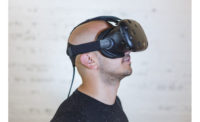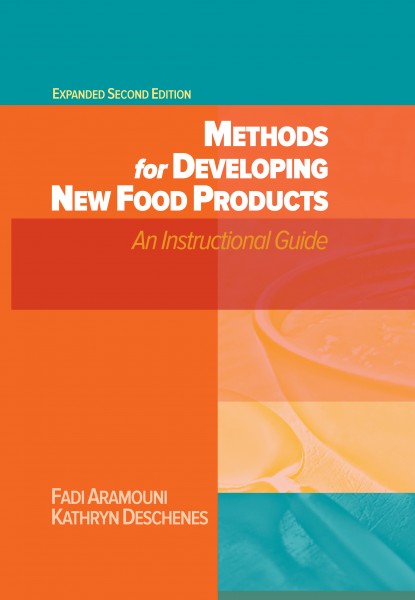Northrop Grumman Corp., Baltimore, Md., launched a new research consortium with universities to advance machine learning and artificial intelligence programs. The research consortium, known as Research in Applications for Learning Machines (REALM), is an industry-academia partnership to advance research, foster collaboration and address technological challenges due to advances in machine learning, cognition and artificial intelligence.
As part of the consortium, Northrop Grumman selected three research teams to collaborate on applied research that addresses key customer applications, including multiple sensor track classification, identification and correlation, situational knowledge on demand and quantitative dynamic adaptive planning.
Each team is comprised of multiple universities. All three teams, including researchers from Carnegie Mellon University, Pittsburgh, Pa.; Johns Hopkins University, Baltimore, Md.; Massachusetts Institute of Technology, Cambridge, Mass.; Purdue University, West Lafayette, Ind.; Stanford University, Stanford, Calif.; University of Illinois at Chicago, Chicago; University of Massachusetts Amherst, Amherst, Mass.; and the University of Maryland, College Park, College Park, Md., received a total of $1.2 million research funding from Northrop Grumman.
“In today’s environment, machine learning, cognition and artificial intelligence are dramatically reshaping the way machines support customers in their mission,” says Eric Reinke, vice president and chief scientist, mission systems, Northrop Grumman. “The highly complex and dynamic nature of the mission demands an integrated set of technologies, and we are excited to partner with academia to enhance our customers mission.”








